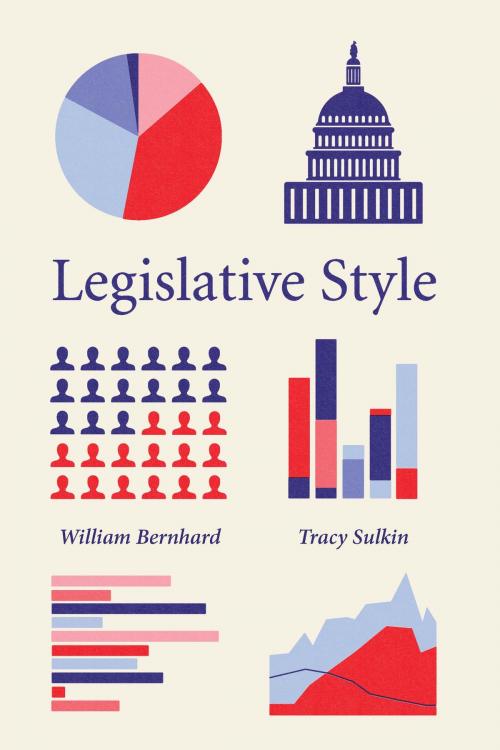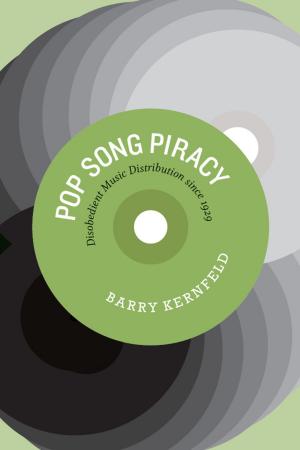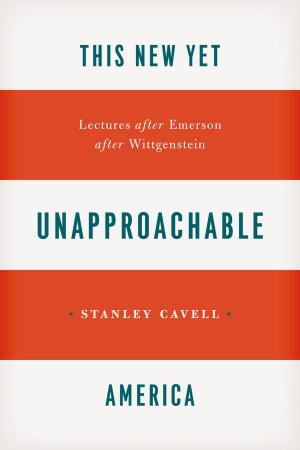Legislative Style
Nonfiction, Social & Cultural Studies, Political Science, Politics, Practical Politics, Government| Author: | William Bernhard, Tracy Sulkin | ISBN: | 9780226510316 |
| Publisher: | University of Chicago Press | Publication: | February 1, 2018 |
| Imprint: | University of Chicago Press | Language: | English |
| Author: | William Bernhard, Tracy Sulkin |
| ISBN: | 9780226510316 |
| Publisher: | University of Chicago Press |
| Publication: | February 1, 2018 |
| Imprint: | University of Chicago Press |
| Language: | English |
Once elected, members of Congress face difficult decisions about how to allocate their time and effort. On which issues should they focus? What is the right balance between working in one’s district and on Capitol Hill? How much should they engage with the media to cultivate a national reputation? William Bernhard and Tracy Sulkin argue that these decisions and others define a “legislative style” that aligns with a legislator’s ambitions, experiences, and personal inclinations, as well as any significant electoral and institutional constraints.
Bernhard and Sulkin have developed a systematic approach for looking at legislative style through a variety of criteria, including the number of the bills passed, number of speeches given, amount of money raised, and the percentage of time a legislator voted in line with his or her party. Applying this to ten congresses, representing twenty years of congressional data, from 1989 to 2009, they reveal that legislators’ activity falls within five predictable styles. These styles remain relatively consistent throughout legislators’ time in office, though a legislator’s style can change as career goals evolve, as well as with changes to individual or larger political interests, as in redistricting or a majority shift. Offering insight into a number of enduring questions in legislative politics, Legislative Style is a rich and nuanced account of legislators’ activity on Capitol Hill.
Once elected, members of Congress face difficult decisions about how to allocate their time and effort. On which issues should they focus? What is the right balance between working in one’s district and on Capitol Hill? How much should they engage with the media to cultivate a national reputation? William Bernhard and Tracy Sulkin argue that these decisions and others define a “legislative style” that aligns with a legislator’s ambitions, experiences, and personal inclinations, as well as any significant electoral and institutional constraints.
Bernhard and Sulkin have developed a systematic approach for looking at legislative style through a variety of criteria, including the number of the bills passed, number of speeches given, amount of money raised, and the percentage of time a legislator voted in line with his or her party. Applying this to ten congresses, representing twenty years of congressional data, from 1989 to 2009, they reveal that legislators’ activity falls within five predictable styles. These styles remain relatively consistent throughout legislators’ time in office, though a legislator’s style can change as career goals evolve, as well as with changes to individual or larger political interests, as in redistricting or a majority shift. Offering insight into a number of enduring questions in legislative politics, Legislative Style is a rich and nuanced account of legislators’ activity on Capitol Hill.















